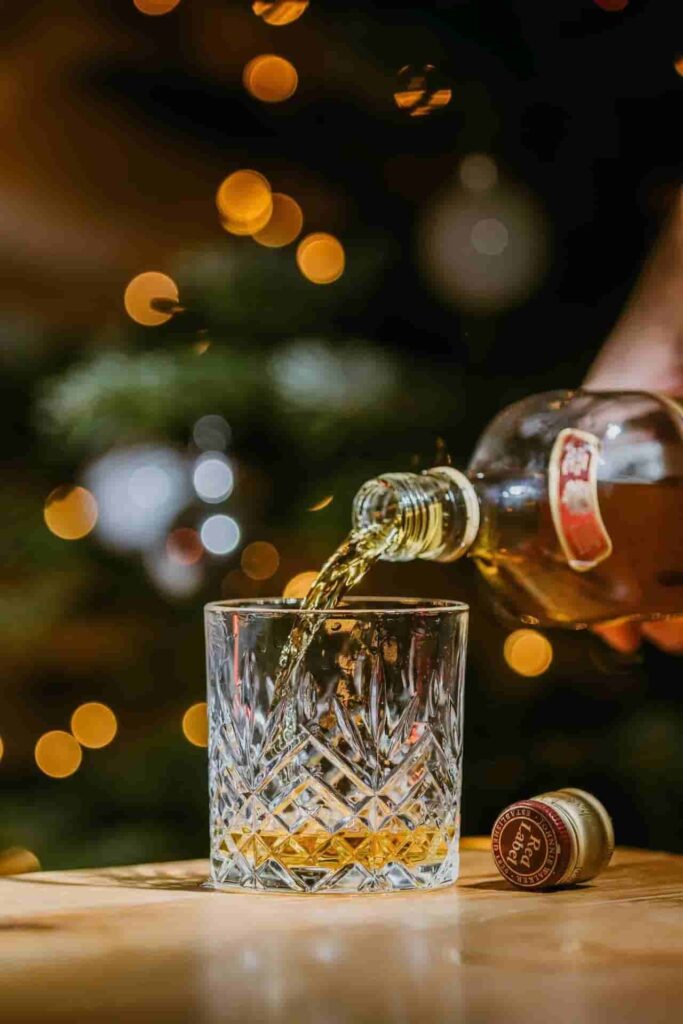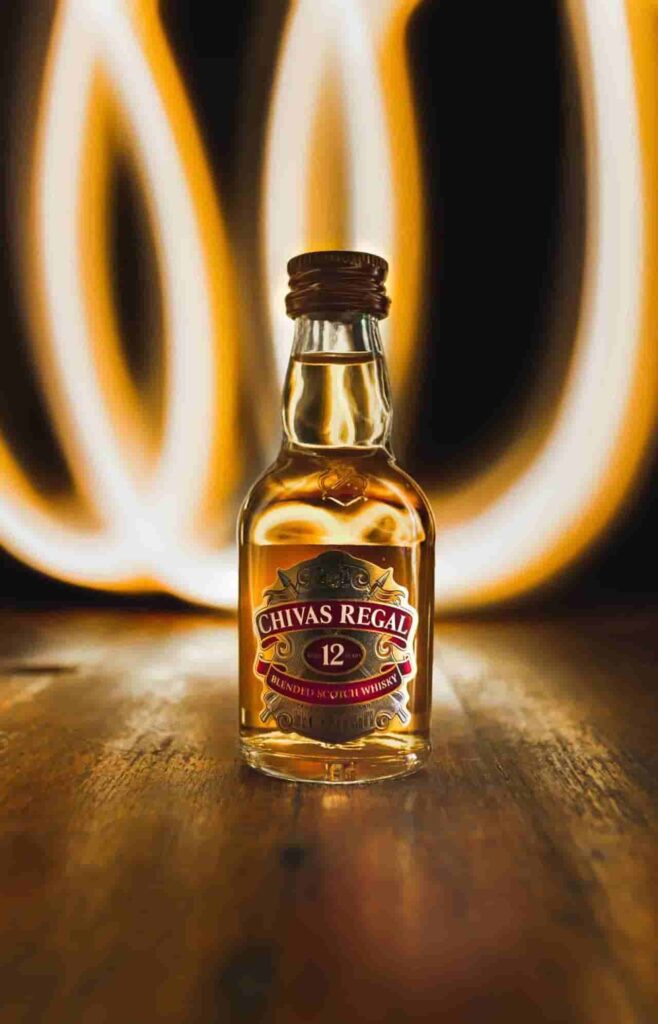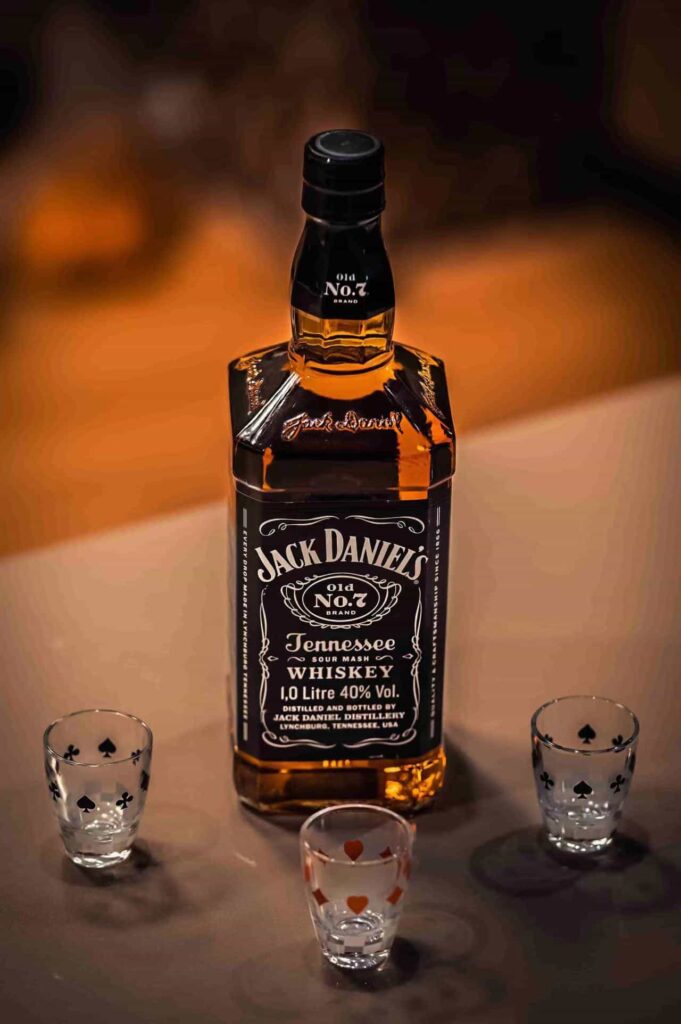Are you an enthusiast of whiskey? Have you noticed there are various sizes of bottles from mini to magnum sizes available for your enjoyment? In this article, we’ll take a closer look at these differences to provide insights into their effects on the drinking experience.
Miniatures or “nips”, are smaller versions of regular bottles designed for sampling different brands without committing to full-sized bottles. Usually around 50ml in volume, miniature bottles allow you to sample various brands without making large investments upfront. Standard 750ml bottles can often be found in liquor stores and at-home bars, making them suitable for sharing or personal use. Magnum bottles offer something extra special or are useful when needed in large quantities. Magnum bottles hold 1.75 liters, making them the perfect size for special events or regular whiskey drinking. From minis to magnums and standard bottles, there’s sure to be one perfect for you. Let’s share one and learn about all their sizes together!
Section 1 Common Whiskey Bottle Sizes and Their Names
When it comes to whiskey, there are several common bottle sizes, each with its name and purpose. Understanding these sizes will help you choose the right bottle for your needs.
1.1 Miniature Whiskey Bottles
Miniatures (commonly referred to as “nips” or “airline bottles”) are smaller versions of regular bottles, typically holding 50ml. Perfect for sampling different brands without committing, miniatures have become collectible items among whiskey fans who want to sample a wide range of flavors without breaking the bank. Convenient for traveling or sharing at social gatherings with friends, miniatures can still provide an enjoyable tasting experience while exploring all their subtle nuances without making a larger commitment.
1.2 Standard Whiskey Bottle Sizes
The standard 750ml whiskey bottles are commonly found in liquor stores and at-home bars. These bottles are most commonly chosen by whiskey lovers. Three-quarters of one-liter bottles are ideal for sharing whiskey with friends or family during casual gatherings. The 750ml size is the most common for whiskey bottles and provides a balance between quantity and price. This is the standard size for whiskey gift sets. It’s a great option for personal use as well as gifting.
1.3 Large Whiskey Bottle Sizes
Magnum bottles are a great choice for those who want to make a big statement or need a large quantity. Magnum bottles, with a 1.75-liter capacity, are perfect for special occasions and for whiskey lovers who enjoy it more often. These larger bottles can be seen in bars and restaurants, where they are ideal for entertaining large groups. Magnum bottles are also used to showcase limited editions or premium whiskeys. The larger format gives the drink a luxurious feel. Although magnum bottles are more expensive than smaller ones, they provide significant savings per milliliter, which makes them an excellent option for whiskey enthusiasts.
Section 2 Factors to Consider When Choosing a Whiskey Bottle Size
When selecting a whiskey bottle size, there are a few factors to consider that can greatly impact your drinking experience.
2.1 Consumption Frequency and Purpose
Consider how often and why you drink whiskey. Miniatures are a great choice if you’re merely an occasional whiskey drinker, or if you like to try different brands. You can try out different whiskeys before committing to an expensive bottle. If you plan to drink whiskey frequently or entertain guests, you may want to consider a magnum or a 750ml standard bottle.
2.2 Storage Space
Storage space is another factor to take into consideration. Whiskey bottles are large, especially if your goal is to keep a wide variety of flavors and brands on hand. You can opt for smaller bottles if you are limited in space. Or, decant whiskey into smaller containers if your storage is small. If space isn’t an issue, magnums and other larger bottles can make a great addition to any collection.
2.3 Budget
Budget is of course a major consideration when buying whiskey. Miniatures tend to be the least expensive option. They are a good choice for people on a tight budget, or who want to try out different brands. Standard bottle sizes are a great balance between quantity and price, while magnums offer more whiskey for less money per milliliter.
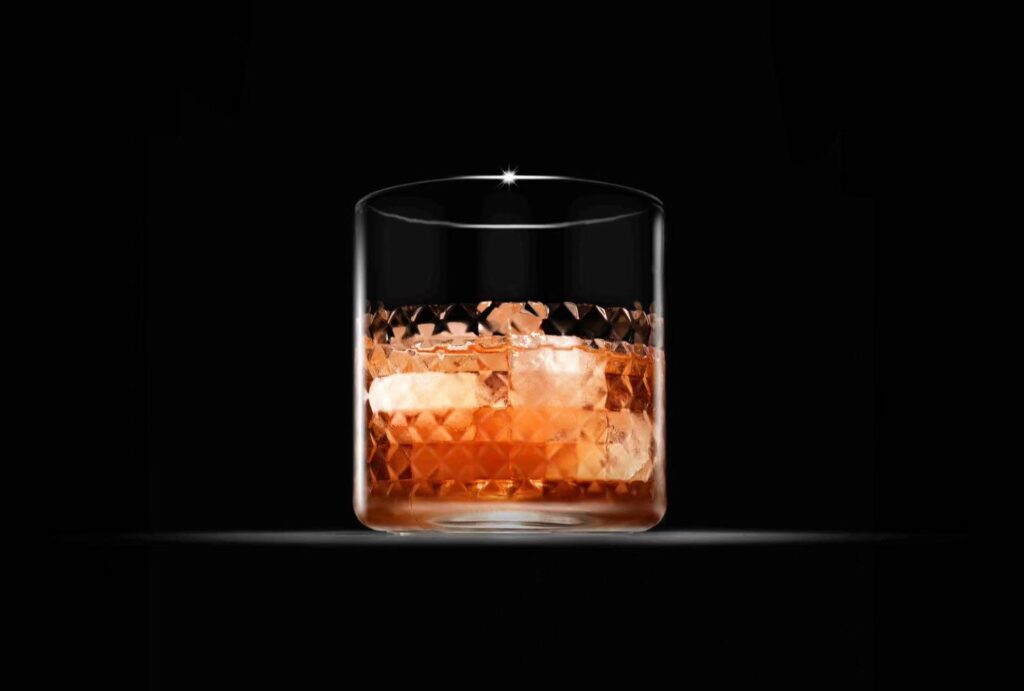
Section 3 Collectible and Limited-Edition Whiskey Bottle Sizes
Among the various sizes of whiskey bottles, the 750ml holds a special place, widely embraced in both liquor stores and home bars. This size is perfect for individual enjoyment or for sharing with friends at casual gatherings. It represents the sweet spot in the whiskey universe, balancing ample quantity for personal indulgence with the sociability of sharing.
The 750ml bottle is renowned for its prevalence in the whiskey industry. It allows aficionados to relish their preferred whiskey over multiple sessions, fully immersing themselves in the depth and subtleties of its flavors. This size is not just about quantity; it’s about an experience that unfolds with each pour.
A significant benefit of the 750ml bottle is its widespread availability. This size is a standard for most whiskey brands and varieties, ensuring that your favorite whiskey is easily accessible. Moreover, these bottles frequently feature exquisite packaging and labeling, enhancing the overall sensory pleasure of whiskey appreciation. The 750ml bottle isn’t just a container; it’s a gateway to a world of rich flavors and cherished moments.
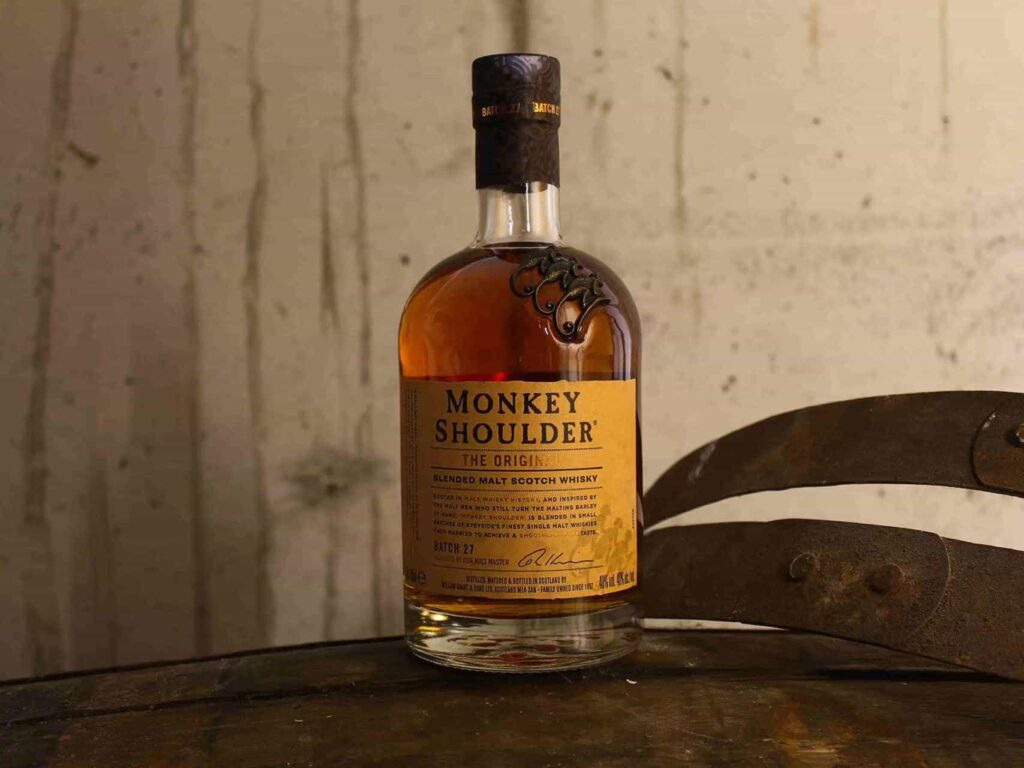
Section 4 Whiskey Bottle Size and Aging Process
The whiskey-aging process is an intricate and fascinating journey that transforms clear and strong spirits into complex and nuanced beverages. This article will provide a detailed explanation of the main elements of this process.
○ Choose the Right Barrel: Oak imparts a desirable flavor to whiskey barrels. The final flavor profile can be influenced by the choice of American oak, European Oak, or other varieties. The barrels that were previously used to age other spirits or wine (such as sherry or bourbon) can provide additional flavors.
○ The Aging Environment: The design and layout of the warehouse (traditional dunnage warehouses or modern racked storage warehouses) can influence air circulation and temperature, which in turn affects the aging process. Temperature fluctuations cause the barrels to expand and contract, which allows the whiskey to interact with the wood. In general, warmer climates accelerate the aging process while cooler climates tend to slow it down.
○ Chemical and physical changes: Compounds like vanillin, lignin, and tannins extract flavors from wood such as vanilla, caramel, and other spices. The porous wood is exposed to air, which causes oxidation. This mellows out harsher flavors while developing complexity. The “Angel’s Share” is a part of the aging procedure that involves evaporating alcohol and water. This concentrates the flavors.
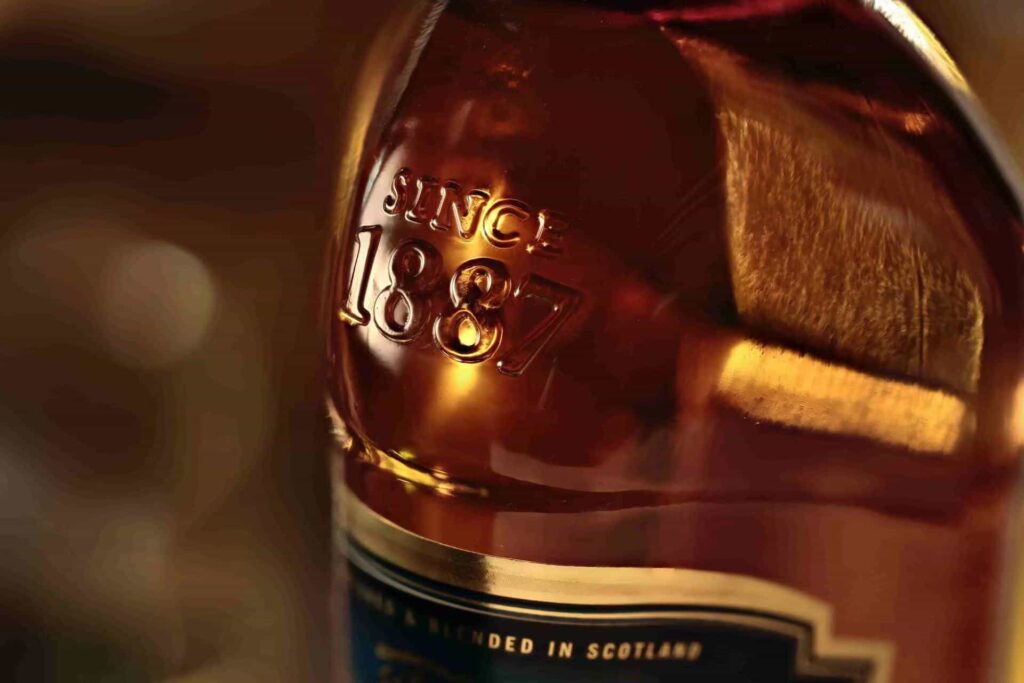
○ Ageing: If provided, the age of a whiskey bottle indicates the youngest whiskey within the blend. The length of the aging process can range from a few months to several decades. Maturity is not only age: The maturation of whiskey goes beyond the length of time it has aged. A whiskey’s age can be affected by factors like the barrel quality or warehouse conditions.
○ Cask strength and Dilution: Some whiskeys can be bottled straight from the barrel, at a high proof. This offers a rich and intense flavor. Some whiskeys are diluted down to a proof that is more approachable, allowing for different flavors and making the whiskey more available.
○ Finishing: Some whiskeys are finished in barrels of a different kind (such as port or rum barrels), for several months to years. This adds additional layers of flavor.
○ Bottling: Whiskey does not age once it is bottled. If the bottle is not opened and properly stored, the character and flavor profile of the whiskey at the time it was bottled will remain constant over time.
The aging process requires patience, skill and an understanding of the complex interplay between spirit, wood, and environment. The unique taste of whiskey is a result of the decisions made by the distiller.
Smilebottles’ Solutions
Selecting the ideal whiskey bottle size is a personal journey, deeply influenced by your unique drinking habits and preferences. Are you a connoisseur constantly seeking new whiskey experiences, or do you cherish lingering over a favored bottle? Understanding these patterns is crucial in choosing a bottle size that aligns with your lifestyle.
At Smilebottles, we recognize these varied preferences and cater to them with an extensive range of whiskey bottle sizes. Whether you’re drawn to standard sizes for regular enjoyment or seeking something special for those rare occasions, we have you covered. Our collection is designed to cater to every whiskey aficionado’s needs, be it for personal use or as a thoughtful gift.
Looking for something more personalized? We specialize in custom glass whiskey bottles, offering you the opportunity to create a unique bottle that resonates with your personal style or brand identity. Reach out to us to explore our styles or to discuss your custom bottle needs. Let Smilebottles be a part of your whiskey adventure.
